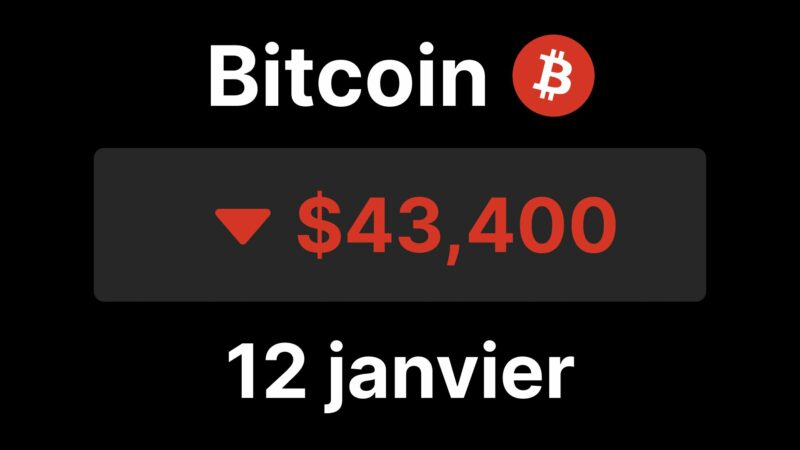41% of ‘major’ wallets have sold all their ZK tokens, contributing to a price drop.
31% of wallets have sold some of their tokens, totaling over 486 million ZK sold.
The market capitalization of ZK has fallen to $772 million, with ZK’s FDV above $4 billion.
Nearly half of the wallets that received the new zkSync token (ZK) during the airdrop yesterday have already sold their entire allocation, resulting in a drop in the price of ZK since its launch.
Analyzing Nansen’s Data
According to data from blockchain analytics firm Nansen, 41% of tracked addresses have sold their entire ZK airdrop, while 31% have sold at least a portion. The total amount sold by these two cohorts exceeds 486 million ZK. Less than a third of the major wallets that received the tokens have retained all of their ZK.
The data covers the ‘top 10,000 addresses’ that received the ZK airdrop, although this only represents 1.4% of the 695,232 wallets that zkSync declared eligible for its 3.7 billion ZK token airdrop last week.
The non-profit association ZK Nation, created last week by zkSync developers Matter Labs, released on X earlier on June 17 that 45% of the tokens had been claimed in less than two hours, causing initial network issues due to the load. As of the publication date, nearly 500,000 wallets had claimed nearly 75% of the distributed ZK tokens.
Drop in the Price of ZK Token
The price of ZK has dropped over 30% in a single day, reaching a peak of $0.32 shortly after its launch but falling to around $0.20. The token has a total supply of 21 billion, with a fully diluted value (FDV) of over $4.4 billion. However, with only 17.5% of its total supply currently on the market, its market capitalization stands at approximately $772 million, down from its peak of over $1.1 billion shortly after launch.
The massive selling by major wallets comes after zkSync defended its distribution criteria, which were criticized by some for being too lax in anti-Sybil measures. The project updated a document on June 15 to explain that aggressive Sybil filtering could have falsely flagged genuine users. zkSync, therefore, opted for a ‘unique airdrop design’ aimed at rewarding the largest number of organic users.




